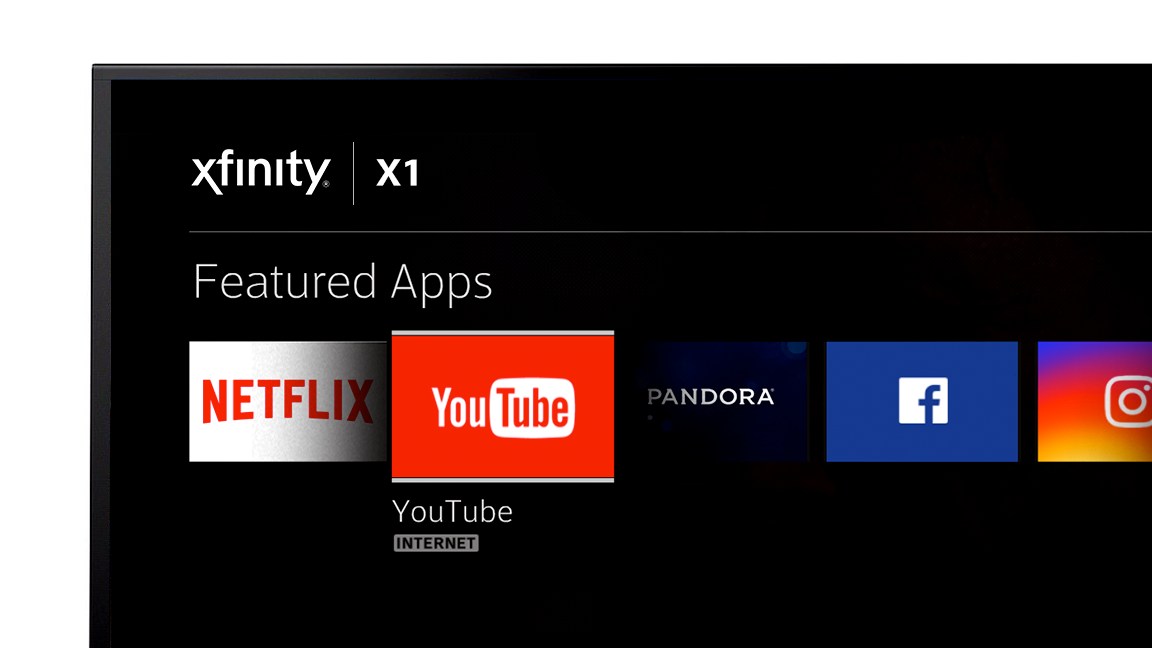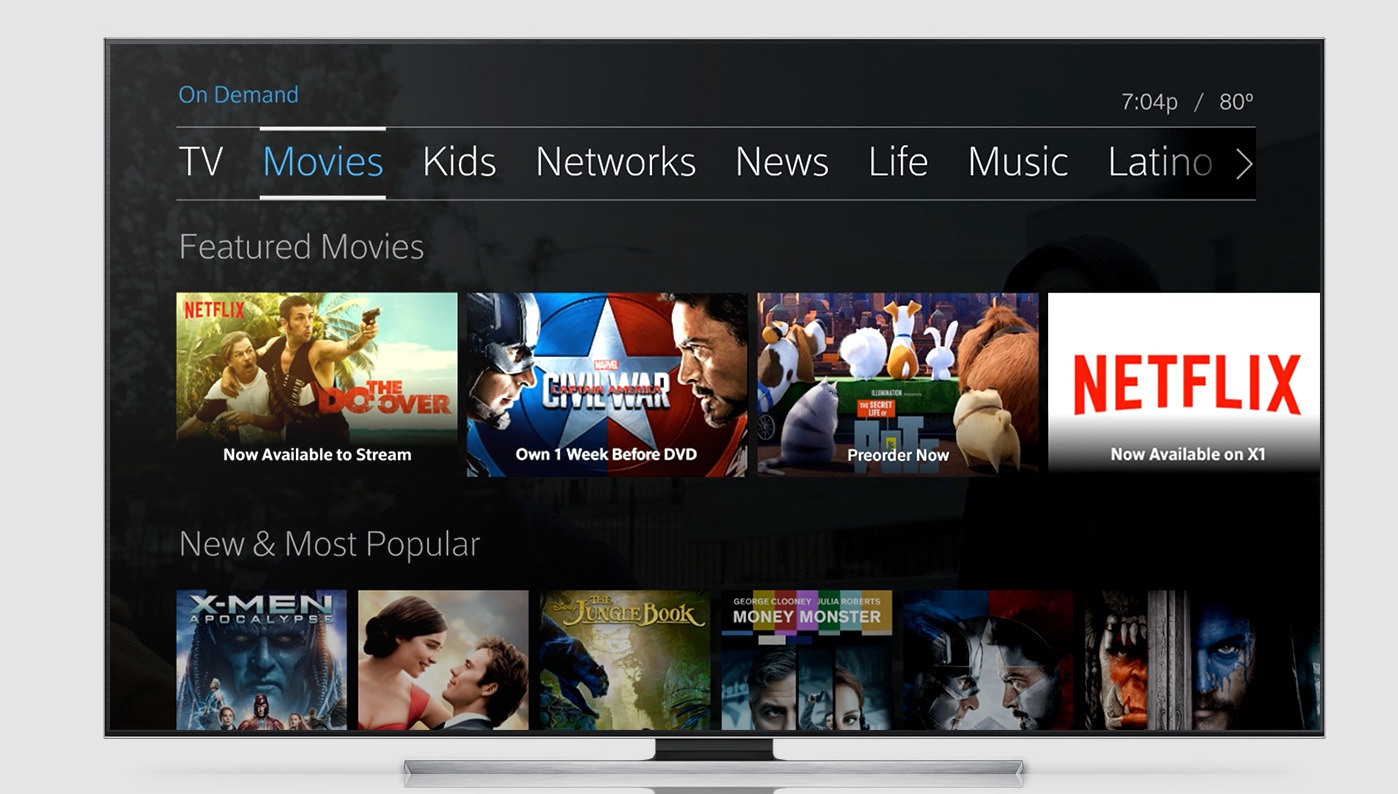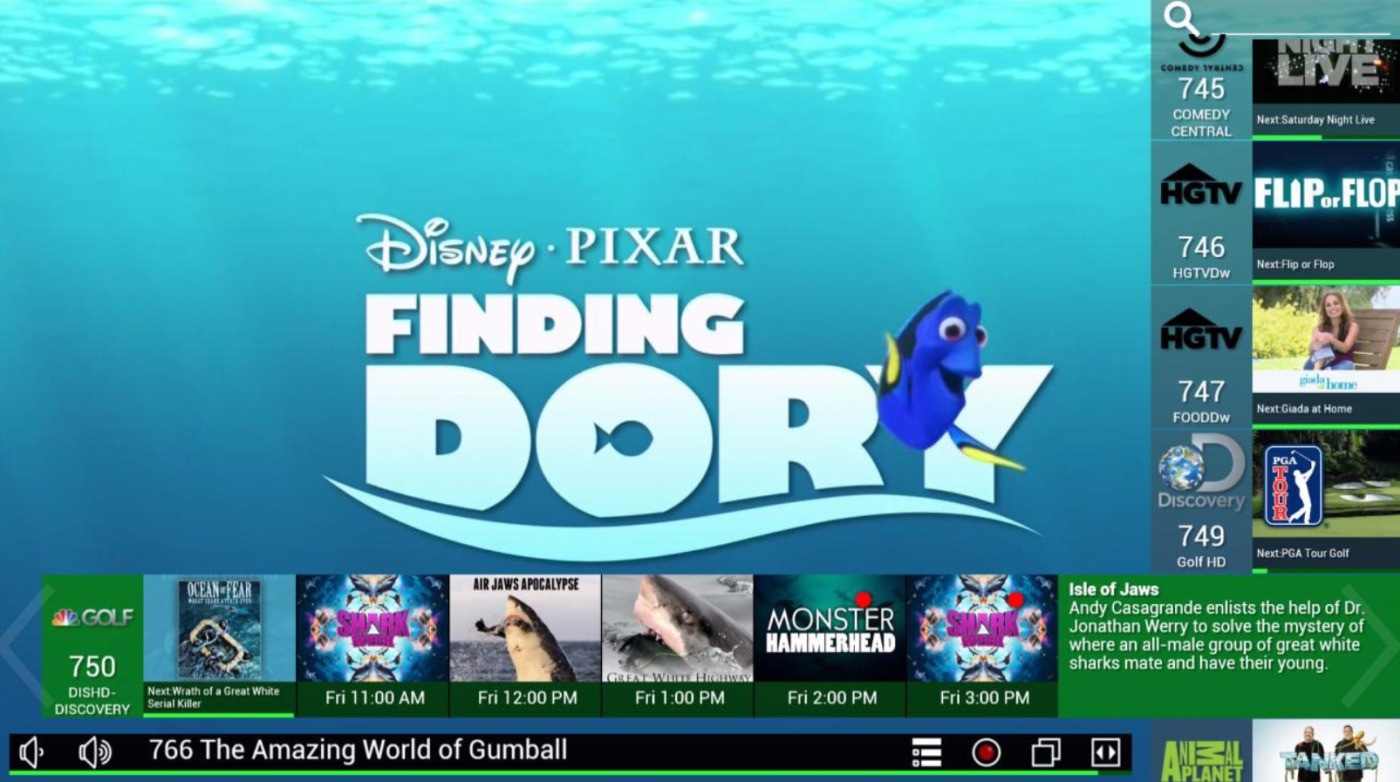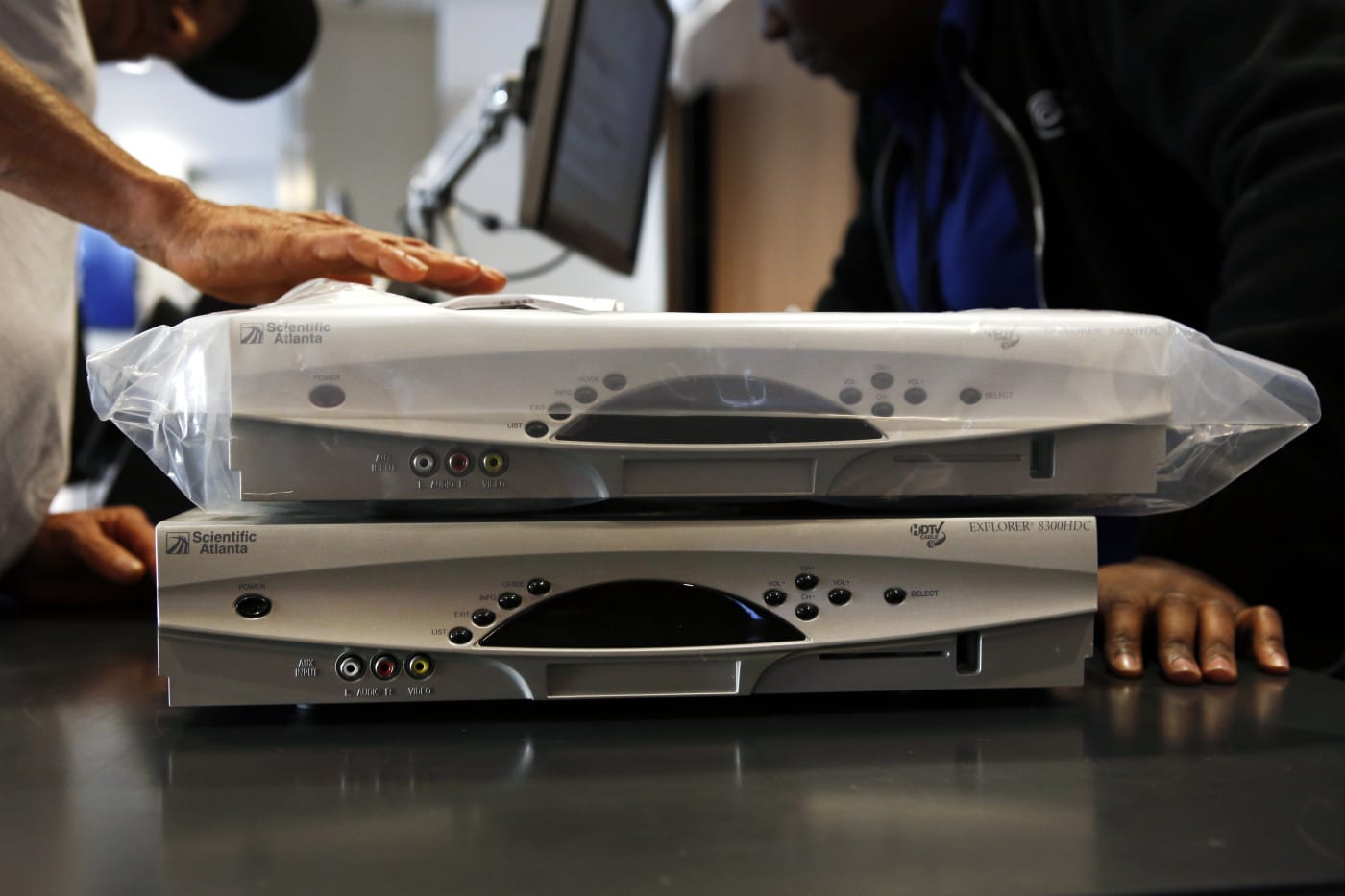
Ever since Google announced it would acquire Motorola Mobility last year there have been questions about what it would do with the company's large internet and TV set-top box business, and now that question has been answered: it's selling Motorola Home to Arris for $2.35 billion in cash and stock. Another maker of cable boxes and modems, Arris says the acquisition will both increase its product offering, and increase its patent portfolio thanks to a license to "a wide array" of Motorola Mobility patents. The transaction has been approved by the boards of both companies, and they expect the deal to close in Q2 2013.
The potential of slipping Android / Google TV into the cable box business through the back door was a tantalizing, but unfortunately probably not a dream shared by the operators that are Motorola's customers. Naturally, Google will be hanging onto the mobile device business and related patent library that spurred the $12.5 billion acquisition in the first place, but will own about 15.7 percent of Arris. We'll be hopping on a conference call to find out any more details in a moment, check out the press release after the break. Now, who holds the rights to that Motorola home automation tablet?
Update: Listening to the call, Arris explains one of its reasons for the move is that until now, two (unnamed) customers comprised half of its business, but afterwards, five customers will make up half of its business. Also important is an included "low" cap that limits Arris' liability in the case of IP damages from lawsuits like the one currently ongoing with TiVo.
Continue reading Google sells Motorola Home cable and internet box business to Arris for $2.35 billion
Filed under: Home Entertainment, HD, Google
Comments
 Last year Comcast added Netflix streaming to its X1 platform, and in 2017 YouTube will be next. Once the app is released later this year, customers will be able to search YouTube via text or with the X1 voice remote, and YouTube streams will be integ...
Last year Comcast added Netflix streaming to its X1 platform, and in 2017 YouTube will be next. Once the app is released later this year, customers will be able to search YouTube via text or with the X1 voice remote, and YouTube streams will be integ...
 Last year Comcast added Netflix streaming to its X1 platform, and in 2017 YouTube will be next. Once the app is released later this year, customers will be able to search YouTube via text or with the X1 voice remote, and YouTube streams will be integ...
Last year Comcast added Netflix streaming to its X1 platform, and in 2017 YouTube will be next. Once the app is released later this year, customers will be able to search YouTube via text or with the X1 voice remote, and YouTube streams will be integ...
 It seems odd to hear, but it's real: this week Netflix will become available on Comcast cable boxes across the country. Announced a couple of months ago, the partnership is launching as a beta test, so interested Comcast customers with the X1 platfor...
It seems odd to hear, but it's real: this week Netflix will become available on Comcast cable boxes across the country. Announced a couple of months ago, the partnership is launching as a beta test, so interested Comcast customers with the X1 platfor...
 While we wait for the FCC and cable companies to work out a plan for the future of TV, Silicon Dust has a way for you to experience cable with as few boxes as possible. This week the company detailed the ability of Samsung's 2016 TVs to access stream...
While we wait for the FCC and cable companies to work out a plan for the future of TV, Silicon Dust has a way for you to experience cable with as few boxes as possible. This week the company detailed the ability of Samsung's 2016 TVs to access stream...
 Earlier this year the FCC voted on a plan to fix crappy cable boxes. Dubbed "Unlock the Box," the plan would make cable companies open up their services for use on boxes made by other companies. Now, after a few months of complaining and poking holes...
Earlier this year the FCC voted on a plan to fix crappy cable boxes. Dubbed "Unlock the Box," the plan would make cable companies open up their services for use on boxes made by other companies. Now, after a few months of complaining and poking holes...
 Back in February, the FCC voted to fight cable's grip on pricey set-top boxes that come bundled with TV service. Part the so-called Unlock the Box initiative is a 60-day comment period on the commission's proposal. This week, President Barack Obama c...
Back in February, the FCC voted to fight cable's grip on pricey set-top boxes that come bundled with TV service. Part the so-called Unlock the Box initiative is a 60-day comment period on the commission's proposal. This week, President Barack Obama c...
 Cable TV has many issues that frustrate its customers -- channel bundles, poor customer service, high prices and more -- but so many of them track back directly to its antiquated and troublesome set-top boxes. As it has for many years, the FCC is aga...
Cable TV has many issues that frustrate its customers -- channel bundles, poor customer service, high prices and more -- but so many of them track back directly to its antiquated and troublesome set-top boxes. As it has for many years, the FCC is aga...
 Confirming plans Engadget exclusively revealed to you, Time Warner Cable is very close to publicly testing a way for its internet-only customers to get TV services. Fundamentally the big change is that until now, to get TV service and access to its...
Confirming plans Engadget exclusively revealed to you, Time Warner Cable is very close to publicly testing a way for its internet-only customers to get TV services. Fundamentally the big change is that until now, to get TV service and access to its...


